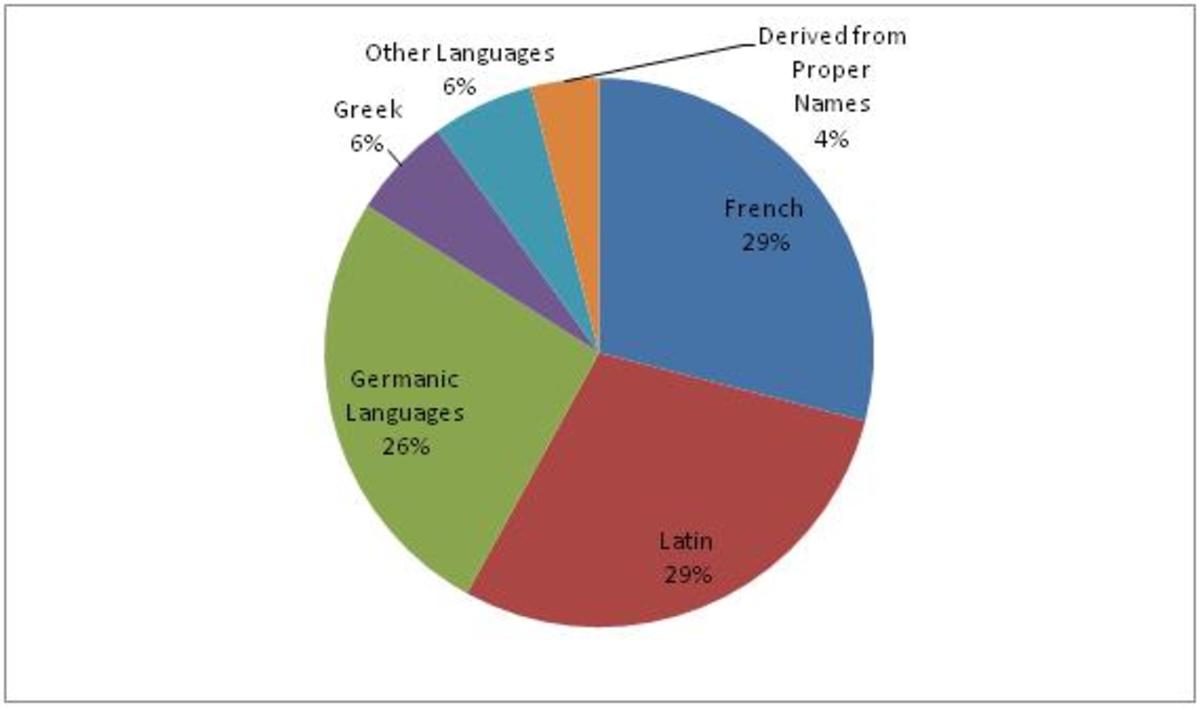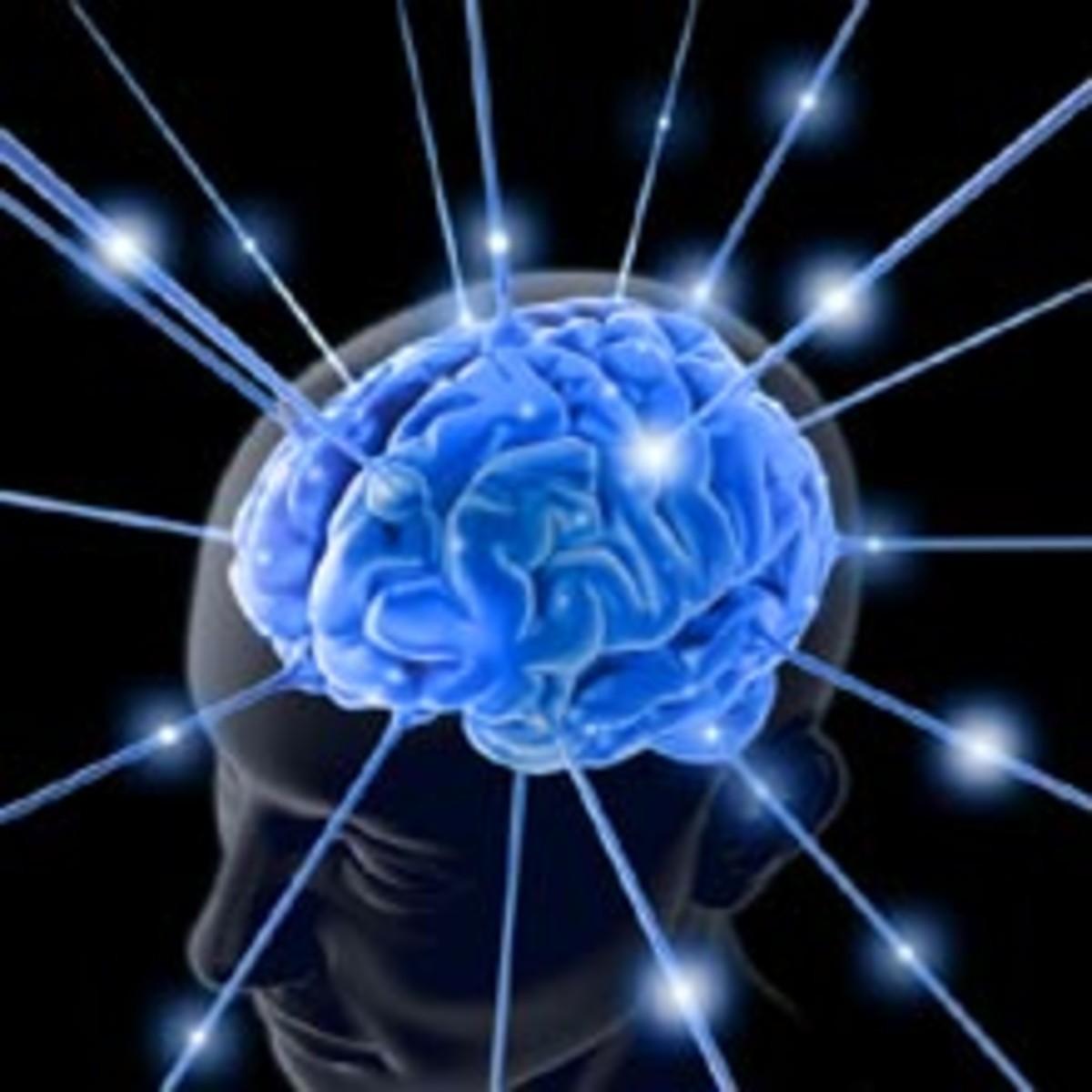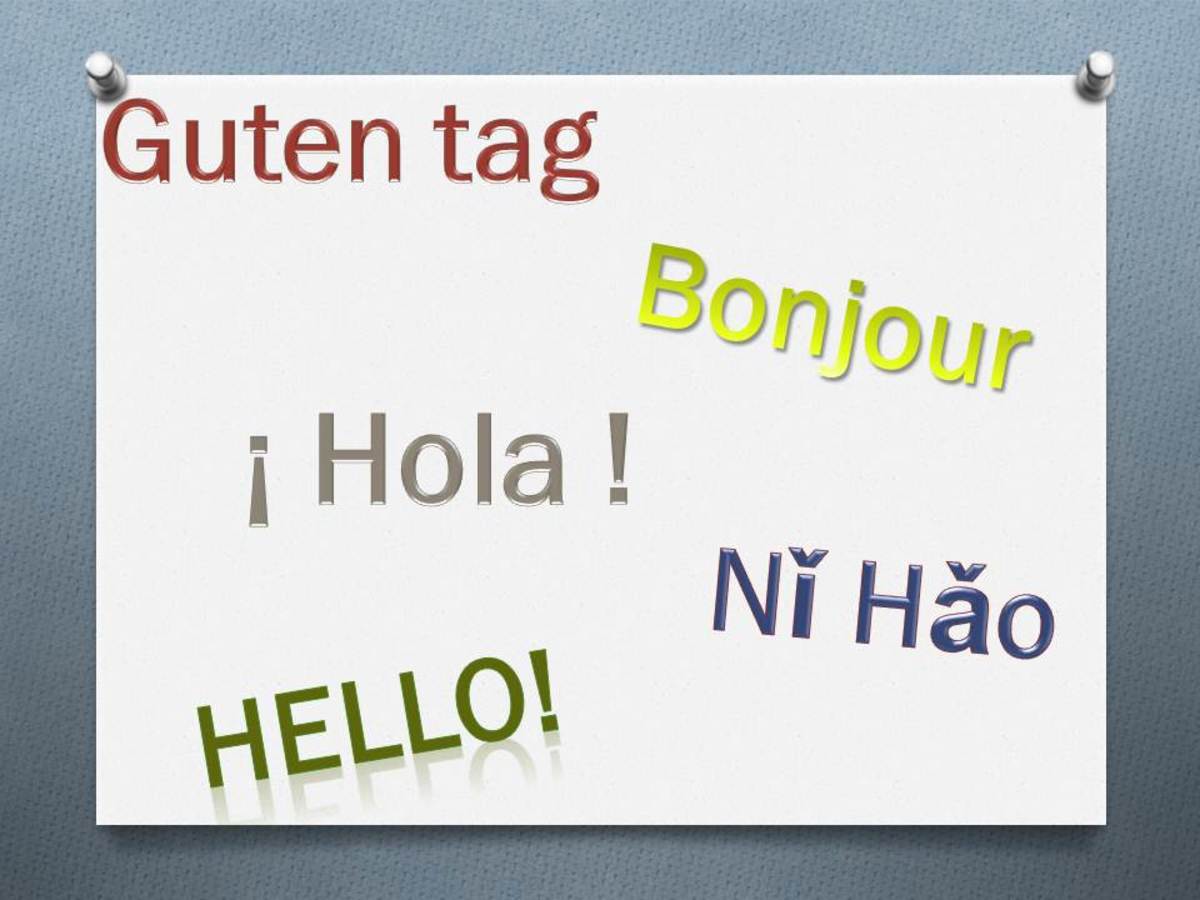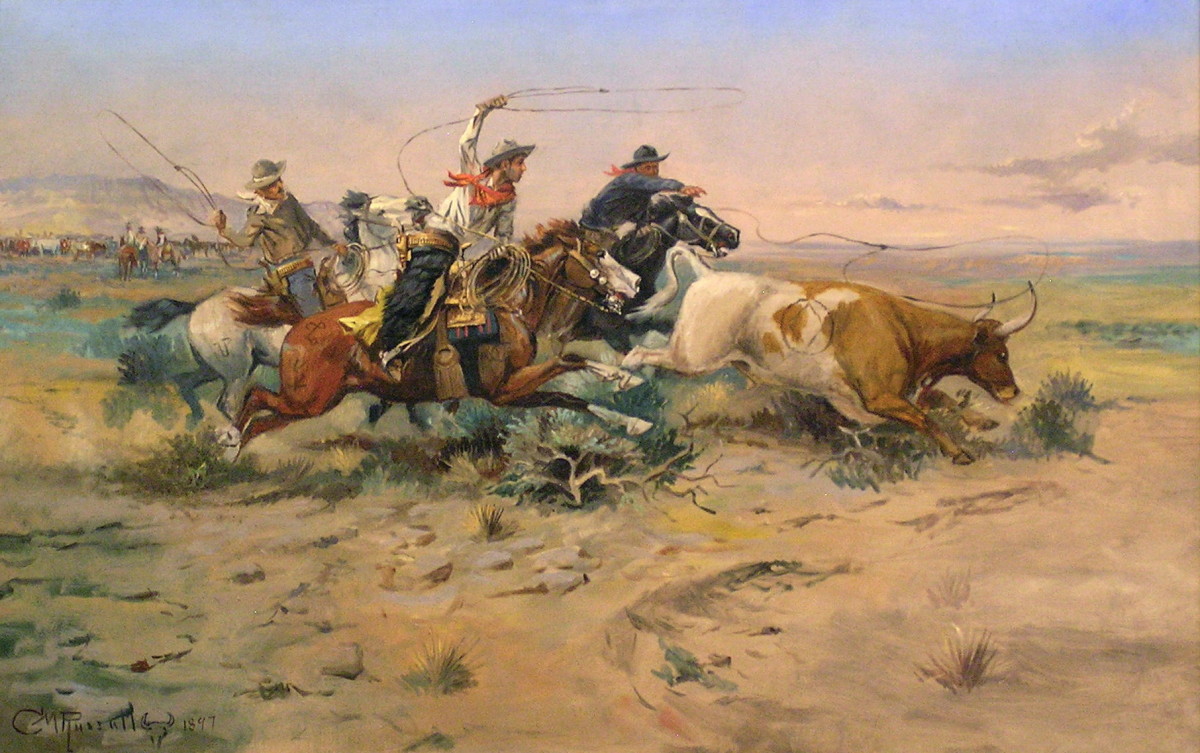Words, Words, Words: The Evolution of Language
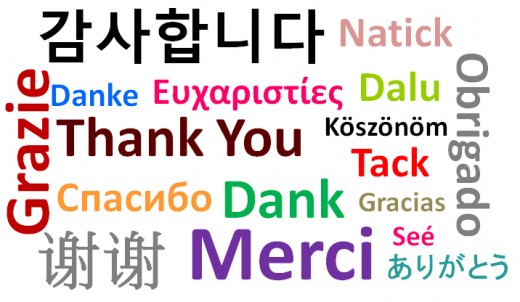
On my drive home today, I had an arbitrary epiphany. It might have been the music I was listening to, or a random stray thought, but it kicked off a firestorm in my head. As an English Major, maybe I should have come to the realization earlier, but coming to it now, it completely blew my mind. My epiphany was about the evolution of language.
My epiphany is how language began. In history classes, a lot of it at least touches on when human beings developed a written language, and maybe those who study the evolution of humanity, in its many disciplines, might get a taste as to going back further. I might seem like I’m rambling, and maybe I am, but it is mind-boggling to think about.
In the modern era, I think we take language for granted. Even the parents of toddlers, fascinated with their child’s acquisition of language from the world around them, soaking it up like a sponge, don’t fully comprehend the wonder by which every single human being lives their lives today. I’m not particularly studying language itself, and I feel like if I did, it would be added to the rest of my nerdy obsessions. However, the process of building language is now, in my mind, simply astonishing.
How did spoken language develop? Obviously with people, and more than likely in family groups, but a group of people with their own language, possibly independently developed from any other group that they may come across. We are, for the most part, all at least aware of cave paintings and their depictions. But that would mean that the people that drew those pictures were part of a group that the pictures all had the same meaning as one another. Correlating a picture to a word that everyone agreed to mean the same thing, and the word would not have any other meanings, except to the one that is connected to that particular picture.
Now we have a word with a picture. We have vocal chords, more sophisticated than the ones that were initially inherited in our development. To specify that a certain sound had meaning, and that sound with another sound meant something else. Now tying in a sound to a word, whose meaning is framed in a picture? How did that happen? One group of people agreed that a word and a sound would mean the same thing, so if that word was spoken, anyone who heard it in the group would have the same meaning of the word as someone else in the group.
That leaves us with a sound that’s meaning is tied to one word, and only that one, and that word/sound/meaning could be rendered as a picture for everyone to see and to understand. All these different groups of people went through this development, establishing a word and sound to mean something together, and sometimes the word was similar in one group as in another, despite having no connection between the groups, even though the meaning of the word is the same, what the word represents matches up in one language to another.
Then we have the written language. The oral conveyance of meaning is essential, but doesn’t provide as much permanence as might be needed. There is one group or town or city, trading with another, bartering and selling goods keeping a record of the transaction. With a vocal language developed and established, interacting with a separate group, whose local language might have enough similarity to spark some understanding, but enough difference that clarity might not be guaranteed. So what one party received from another in exchange for something else is set.
The variation of languages that exists today is staggering, and there are probably more on this Earth than we have discovered. If we encompass the whole of the cosmos, and the connection of the languages that exist out there that may or may not line up with even one of our own, it is very much an overwhelming notion. Written language only accounts for a small portion of our development, about 7,000 to 10,000 years (I might be wrong, feel free to correct me) but civilizations (as anthropology or history might define them) have existed for far longer.
Language is a paradox of connection and disconnection at the same time. It builds worlds, and tears nations apart. One might say that money rules the world, and they would probably be right, but we would be unable to give currency meaning if we hadn’t developed the concept in the first place. Language can end wars or start new ones, save lives or take them. Language rules us all.
The pen really is mightier than the sword.

